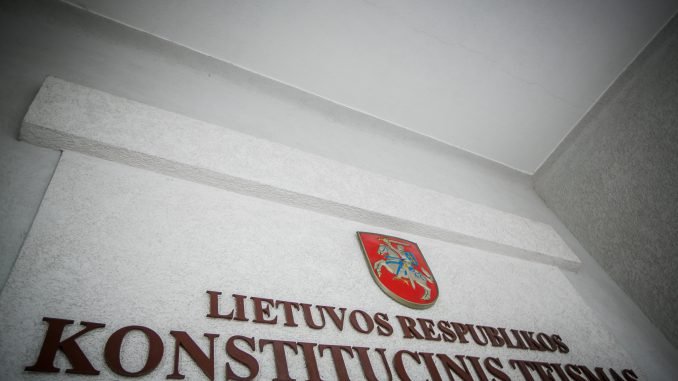
“I believe there will be an address to the Constitutional Court, the doctrine may form differently under different conditions, it may also be different from 2003 or 2004 due to changes in the environment, judges changed and the interpretation may have also changed along with the stance on the Constitution – many things depend on the attitude, too,” Pranckietis told Žinių Radijas news radio on Wednesday.
The parliamentary speaker said the possibility for a broader circle of Lithuanian citizens to have two passports was one of the ways of curbing emigration.
The draft amendments to the Law on Citizenship, which were signed by 114 members of the parliament, would allow people who left the country after Mar. 11, 1990 and acquired citizenship of any other EU or NATO member state to preserve their Lithuanian citizenship.
The Constitutional Court has ruled that dual citizenship is only possible in individual cases and that broadening dual citizenship requires amending the Constitution through a referendum. President Dalia Grybauskaitė has said that the newly-registered amendments “openly run counter to the Constitutional doctrine.”
Currently, dual citizenship is only allowed for the citizens who left Lithuania before the country regained independence in 1990 and their descendants, however, is not granted to those who emigrated during the independence period. Dual citizenship is also allowed for children who were born abroad and acquired foreign citizenship by birth, as well as those who acquired foreign citizenship by way of marriage to a foreigner.

Be the first to comment